-
chevron_right
Appeals Court Hears RIAA and Yout in ‘High Stakes’ Stream-ripper Case
news.movim.eu / TorrentFreak · Friday, 9 February - 15:49 · 8 minutes
 At the end of 2020, the operator of one of the largest YouTube rippers took the unprecedented step of
taking the music industry to court
.
At the end of 2020, the operator of one of the largest YouTube rippers took the unprecedented step of
taking the music industry to court
.
Yout.com’s Johnathan Nader had grown tired of the bombardment of DMCA takedown requests and allegedly defamatory claims. In response, he sued the RIAA, asking the federal court in Connecticut to declare his service non-infringing.
The RIAA and others were asking Google to remove so-called YouTube-rippers from search results. The music industry group believes that these sites should not be allowed to operate and filed a motion to dismiss Yout’s lawsuit.
RIAA Wins, Yout Appeals
At the end of 2022, the district court handed a win to the RIAA and dismissed the matter at an early stage. Judge Stefan Underhill concluded that Yout had failed to show that it doesn’t circumvent YouTube’s technological protection measures. As such, it could be breaking the law. That wasn’t the end though.
Yout operator Johnathan Nader opted to appeal at the Court of Appeals for the Second Circuit, asking it to reverse the lower court’s decision. The stream-ripper’s arguments are partly supported by amicus briefs from GitHub and the EFF , both of which joined the case.
On the other side of the aisle, the RIAA dug in its heels. The music group saw no reason to doubt the lower court’s position and, in its response to the appeal, found the Copyright Alliance at its side .
Appeals Court Hearing
On the surface, this case largely revolves around a seemingly simple question. The problem, however, is that both parties have a completely different answer.
– Does YouTube employ a technological measure that effectively controls access to copyrighted works?
This question brings up all sorts of semantic challenges. What is a measure and when is it technological ? What does access mean in this context and under which conditions is it controlled ? And if there is such a measure, does Yout.com circumvent it?
A few days ago Yout and the RIAA had the chance to explain their reasoning to the Court of Appeals. The hearing was presided over by Judge Carney, Judge Leval, and Judge Sullivan, who critically questioned both attorneys on their views.
First up was Evan Fray Witzer, who represents Yout LLC. The attorney explained that this case brings up several novel questions, relating to three distinct provisions of the DMCA’s section 1201. At the same time, however, it is crucial to have a full factual record, which is currently missing.
The lower court dismissed Yout’s case at the rule 12 stage before all the factual evidence was gathered. No witnesses were heard and it’s not even clear if YouTube intentionally implemented a ‘measure’ to prevent users from downloading videos.
“There is a question as to what YouTube intended with these measures. We don’t know because YouTube isn’t here. YouTube has not come in as an amicus. And we have not had the opportunity to question YouTube about that,” Witzer said.
Yout’s attorney suggests that it’s possible that YouTube never implemented any technology specifically to prevent people from grabbing video files. It might have, but in that case, it is still easy to circumvent, even without specialized tools such as Yout.
Where’s YouTube?
Judge Leval responded by saying that preventing downloads is of great commercial significance to YouTube, as it generates its revenue from advertising. Yout’s attorney agreed but had his response ready.
“I have two responses to that. The first is; one would expect if that was YouTube’s concern, that you would have an amicus brief from YouTube here, and you don’t. And I think that that is significant and telling.
“The second, though, is that is the same concern, Your Honor, that every television broadcast had when the VCR came out. If you can simply record this, you can show it at your movie night. You can show it as many times as you want.”
The VCR comparison was brought up a few times but not as often as the role of YouTube in this lawsuit. The case essentially centers around its purported protection measures, without any direct input from the company itself.
When Judge Carney asked what in particular would be developed on a fuller record, if this case was sent back to the lower court, Yout’s attorney said that YouTube could and should be heard.
“I think one thing that would be developed on a fuller record, Your Honor, is what precisely is the technological measure employed by YouTube and does it, is it designed to prevent access? Is it designed to prevent copying? Or does it have some other use that YouTube is putting to it?”
The attorney said that they would need to subpoena YouTube as a third party. That should clarify what their technology and methods are and how this relates to YouTube’s business.
“I’ll simply conclude by saying this is the type of case that calls out for expert witnesses,” Witzer said, noting that the EFF and GitHub had already argued in their favor.
Court Questions RIAA
The hearing then continued with RIAA attorney Rose Ehler, who started by pointing out that Yout allows the public to download audio and video files. This includes copies of music videos that were only intended to be streamed through YouTube.
This introduction triggered a quick tête-à-tête with Judge Sullivan, who tried to get to the bottom of RIAA’s reasoning.
Judge: But I could do that without Yout, right?
RIAA: There are instructions for how one could do it without Yout. But what Yout does is enable it on an automated basis.
Judge: I get that. But […] seriously, what is the technological measure that would be protecting this copying of the material if I can do it myself?
RIAA: Well, just because you can do it yourself or you can hack the technological measure, it doesn’t mean…[interrupted]
Judge: Well, I’m not hacking anything. I mean, I could do this right now in this courtroom on my computer probably, right?
RIAA: Your Honor could. I think it would be hacking.
RIAA’s attorney went on to explain what it sees as the “technical measure.” Yout itself has stated that YouTube uses a “signature mechanism” that must be read and interpreted by JavaScript. Yout modifies the signature value.
This prompted more questions from Judge Sullivan, who suggested that the signature value is accessible through a regular browser and that he and others could also modify it without using a dedicated tool such as Yout.
“You’re saying I would then be violating the statute as well?” the Judge asked.
RIAA’s attorney agreed that people could do it on their own which, in individual cases, may qualify as a copyright exemption. However, doing it to download a music video and to seed piracy on the Internet would be classified as circumvention under the DMCA.
Reverse Engineered Technological Protection?
Moving on to the “protection” element, the RIAA believes that the signature value used by YouTube serves as a technological measure that, in the ordinary course, prevents people from downloading music videos.
“The strength is not what we look at. We look at how it operates in the ordinary course and whether in the ordinary course of the operation, it serves the function of limiting or controlling access,” RIAA’s attorney said.
This again triggered more questions from the court about how effective this is and whether the signature value was intended as a protection measure. The latter question can only be answered by YouTube, whose views are unknown.
The RIAA countered by noting that intent isn’t important, as it’s not part of the DMCA rules. The statute looks at whether a technological measure is being circumvented in the ordinary course of operation, which it believes is the case here.
This didn’t convince Judge Sullivan who pointed out that the lower court seems to have “reverse engineered” its way to a conclusion.
“But how are we able to know that from the pleadings? How are we able to know how it works in the ordinary course? I mean, it might be people are doing this all the time on their own. There’s no discovery on that. There’s no expert opinion on that.
“It seems to me that Judge Underhill sort of inferred that this, because it’s complicated, because there’s no download button, because it’s a contractual provision, there must be a technological measure. He’s sort of backwardly engineered it, it seems to me,” Judge Sullivan added.
An Easy Solution
As is, the court may not be convinced by the RIAA’s arguments alone. That’s not to say that they’re wrong, but he suggests that this case could benefit from YouTube’s input on the matter. Particularly because there are “some pretty big stakes here.”
“This could be easily solved. And my hunch is what it is. It’s going to be clear that there are other technological measures that are here. But right now, YouTube’s staying out of it and we’re kind of guessing, Judge Sullivan noted.
Both attorneys were confronted with critical questions during the hearing, as is often the case. This means that it is too early to draw any conclusions. It is clear, however, that YouTube holds the keys to many of the questions that have come up. Whether it will be heard, however, is for the Court of Appeals to decide.
—
A copy of the full hearing is available here (mp3) .
From: TF , for the latest news on copyright battles, piracy and more.
 Founded in 1996, the
Founded in 1996, the




 Over the past year, new artificial intelligence tools and services have been surfacing everywhere.
Over the past year, new artificial intelligence tools and services have been surfacing everywhere.


 Google’s Play Store offers a vast library of millions of apps, in pretty much every category imaginable.
Google’s Play Store offers a vast library of millions of apps, in pretty much every category imaginable.
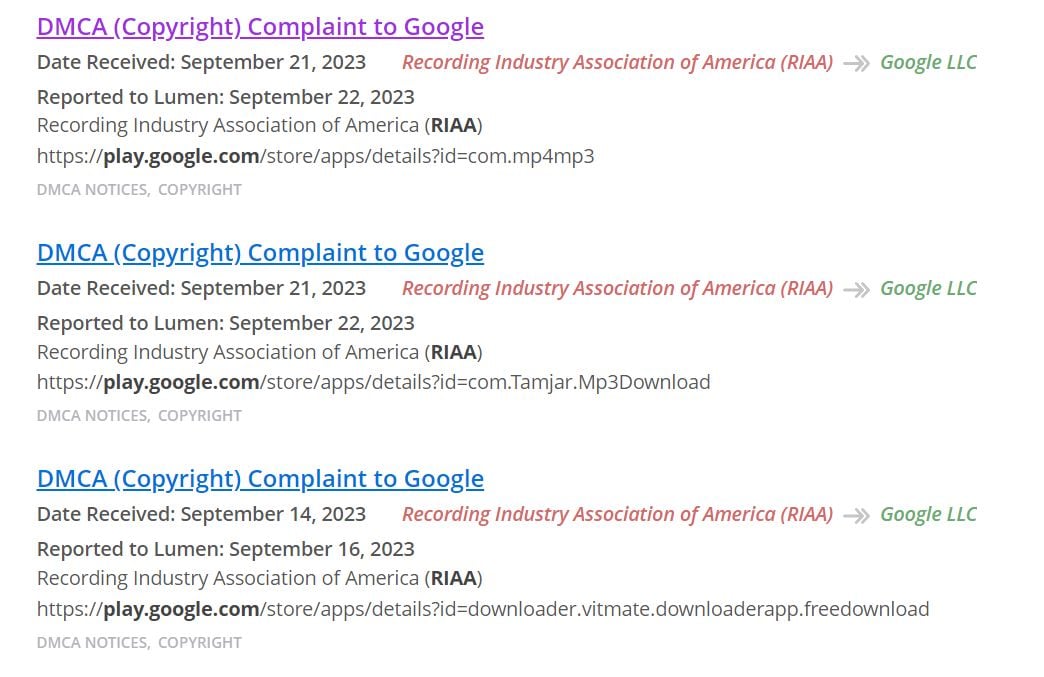
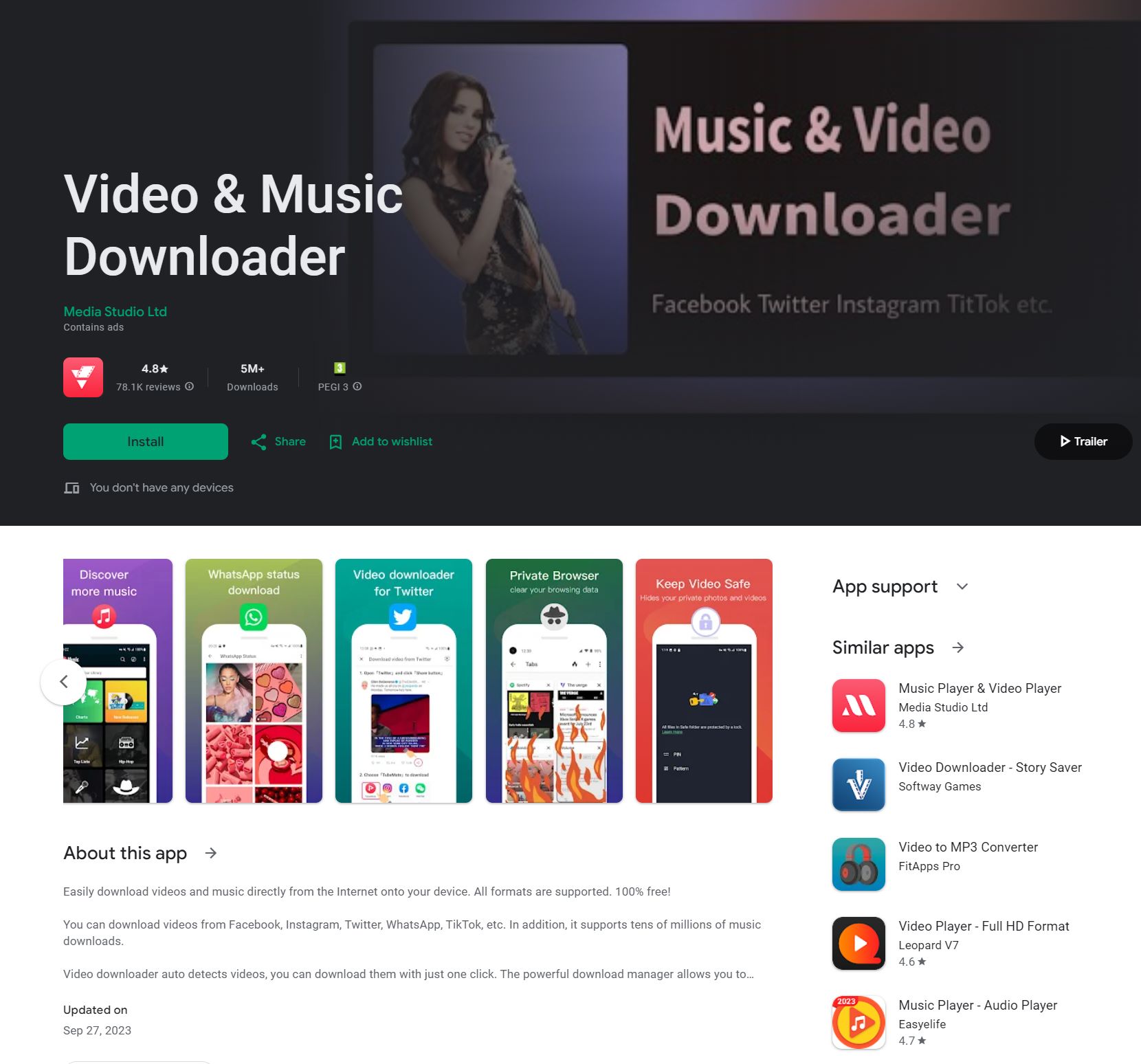

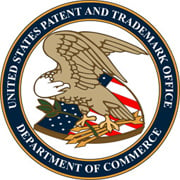
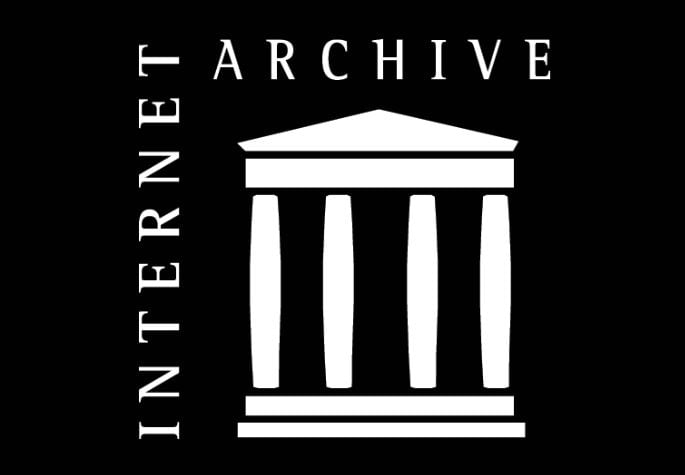

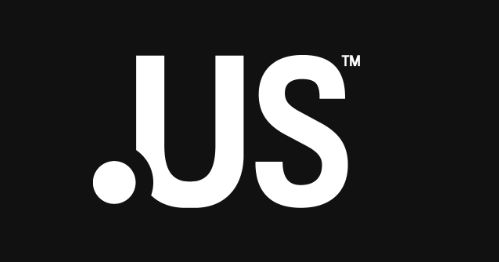 Historically, the domain name WHOIS system has been an important tool to track down the operators of pirate sites and services.
Historically, the domain name WHOIS system has been an important tool to track down the operators of pirate sites and services.

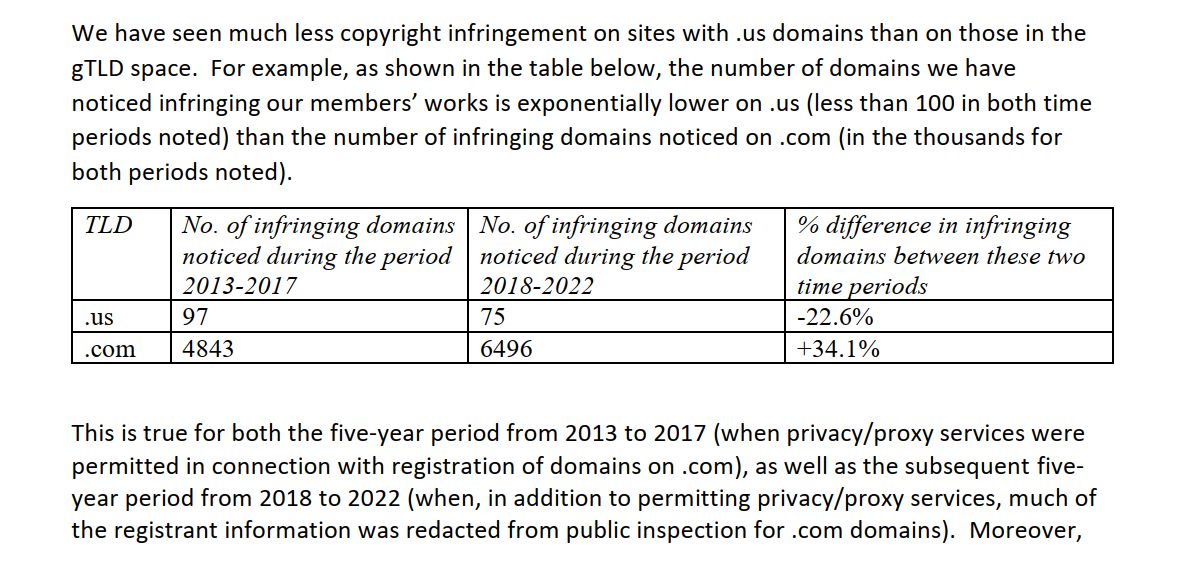
 With over 142k members, the
With over 142k members, the




